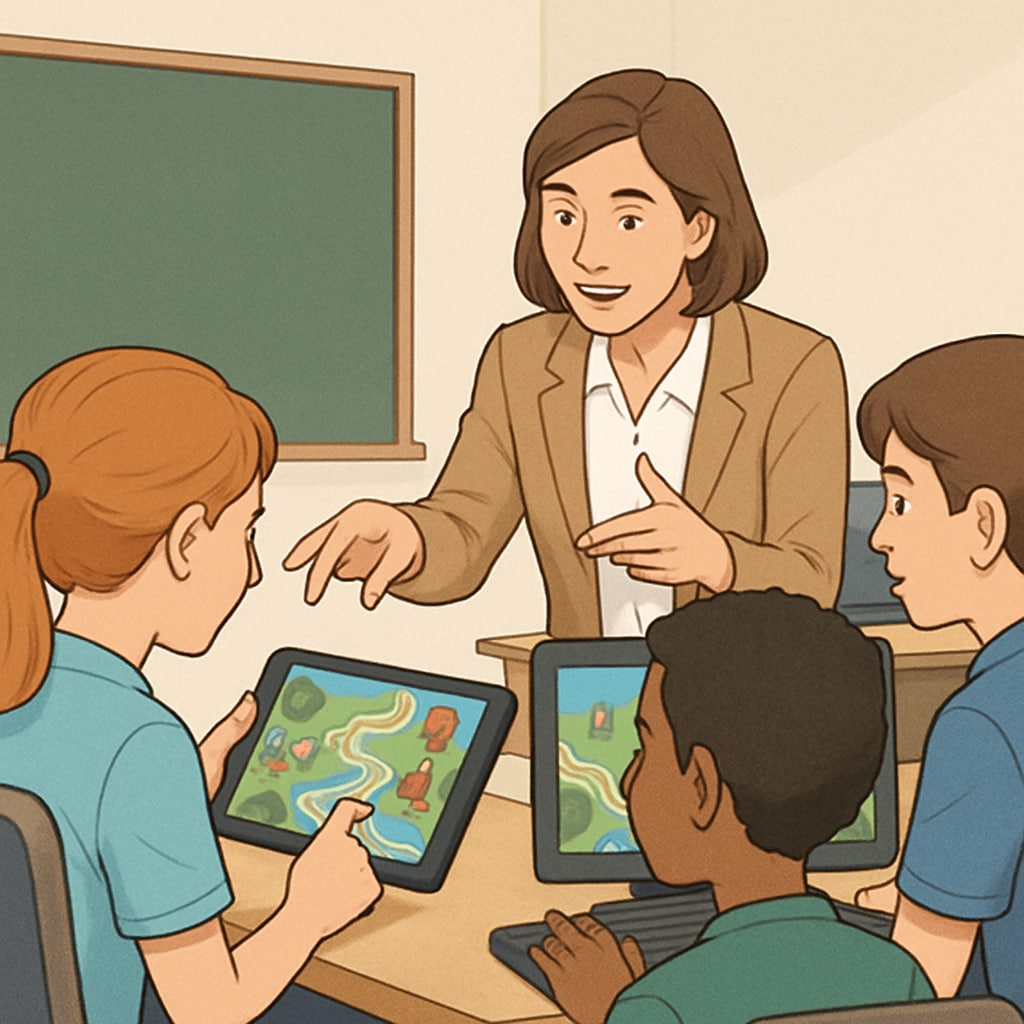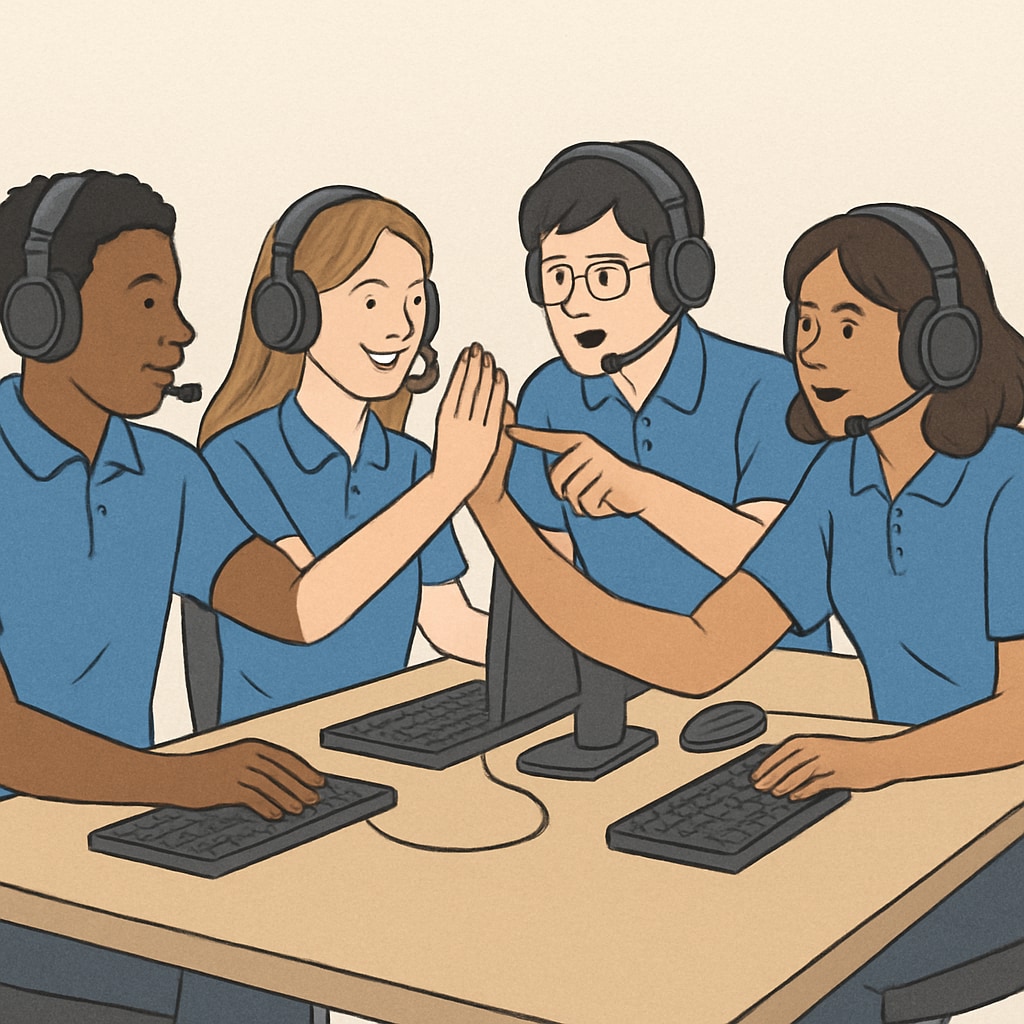The convergence of esports and education is transforming how we engage students, and the strategic partnership between GameClass and NASEF (North America Scholastic Esports Federation) is at the forefront of this revolution. By integrating game-based learning into 9,000 esports clubs globally, they are creating a dynamic ecosystem that bridges core academic subjects with the immersive world of video games. This innovative approach is reshaping K12 education, making learning more interactive, relevant, and engaging for the digital generation.
Redefining Learning Through Esports
Esports, often dismissed as mere entertainment, is proving to be a powerful educational tool. GameClass and NASEF have identified the unique potential of video games to teach critical skills such as problem-solving, teamwork, and strategic thinking. These skills are not only essential for esports but also align closely with educational goals across subjects like math, science, and language arts.
For example, game-based learning platforms can simulate real-world scenarios, allowing students to apply theoretical knowledge in practical contexts. A study published by Britannica highlights how esports can foster collaboration and communication among students, making it a valuable addition to traditional classroom methods.

Game-Based Learning: The Core of Strategic Partnerships
The partnership between GameClass and NASEF exemplifies how strategic collaborations can drive educational innovation. By leveraging NASEF’s global network of esports clubs, GameClass is able to integrate curricula that connect gaming with core academic subjects. This initiative not only enhances students’ interest in learning but also equips them with skills relevant to the modern workforce.
Additionally, these programs are inclusive, offering opportunities to students from diverse backgrounds. The integration of esports into education removes barriers and introduces technology-driven learning to communities that might otherwise lack access. This approach aligns with findings from Wikipedia on the effectiveness of game-based learning in improving student engagement and outcomes.

The Future of K12 Education
As we look toward the future, the role of esports in education will likely continue to expand. Schools are beginning to recognize the value of integrating video games into their curricula, not just as a teaching tool but also as a way to connect with students on a deeper level. Programs like those developed by GameClass and NASEF are paving the way for a more interactive and inclusive educational environment.
Moreover, the data-driven nature of esports offers teachers valuable insights into student performance and learning styles. This enables personalized teaching approaches that cater to individual needs, further enhancing the educational experience.
In conclusion, the fusion of esports and education represents a significant step forward in addressing the challenges of 21st-century learning. Strategic partnerships like that of GameClass and NASEF demonstrate the potential of game-based learning to inspire and educate the next generation. As a result, K12 education is not only becoming more engaging but also better equipped to prepare students for the future.
Readability guidance: This article maintains a clear structure with concise paragraphs and incorporates transitional phrases for better flow. The inclusion of external links and images enhances credibility and engagement.


